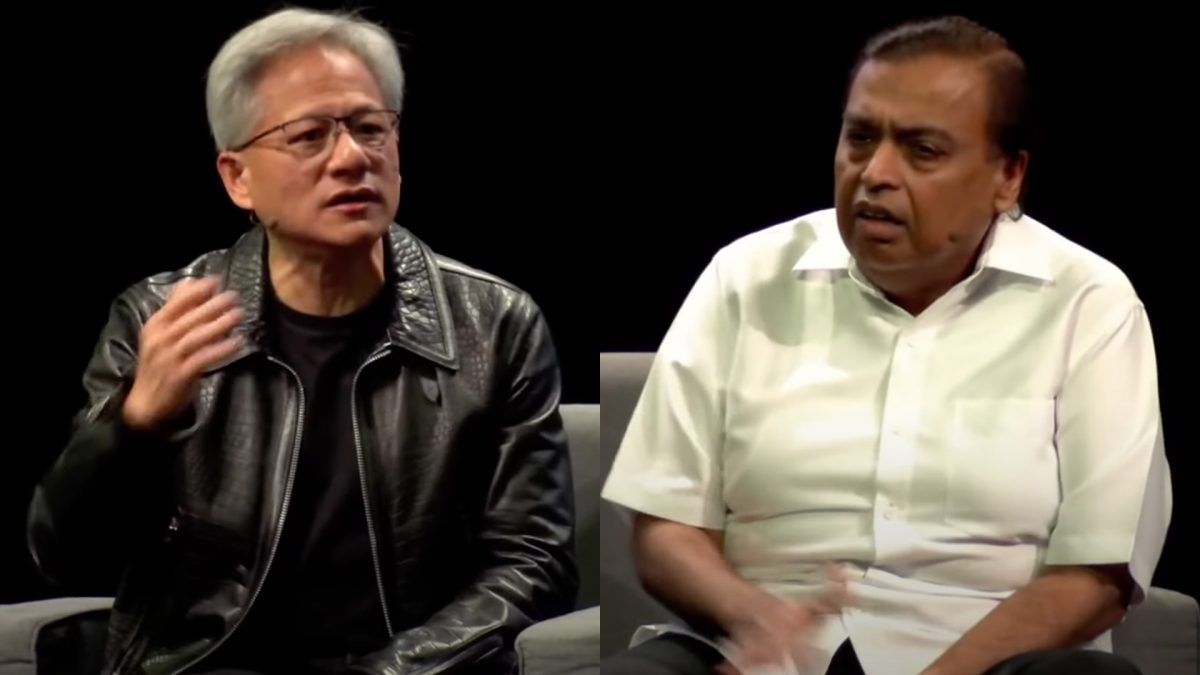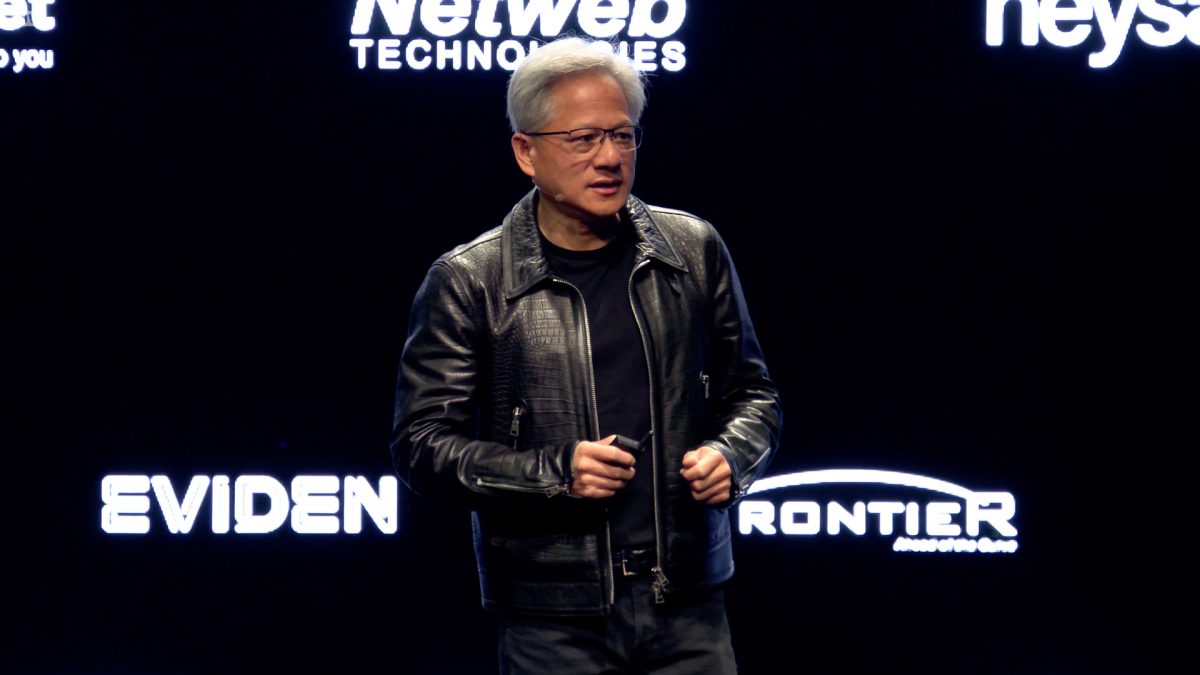Neither Foxconn nor Apple’s official hiring practices discriminate against married women. However, some have claimed that unofficially, married women are perceived as having family duties and a higher likelihood of pregnancy, which may influence hiring decisions read more
)
The investigation into Foxconn's hiring practices comes at a time when Apple's expansion in India is gaining momentum. As of April 2024, 14 per cent of all iPhones are manufactured in India, signalling a shift away from China. Image Credit: AFP
In late June 2024, iPhone assembler Foxconn faced allegations of discriminating against hiring married women for its plant in India. This prompted the Indian government to launch an investigation into the matter.
Prime Minister Narendra Modi directed the local government of Tamil Nadu to look into the accusations, reflecting the political sensitivity of the issue as Modi pushes for more women to join the workforce.
Earlier this week, a fact-finding team from the federal government’s regional labor department visited the Foxconn plant in Chennai. This team, which consisted of 5 people, questioned executive officers and interviewed over 40 married women working at the plant.
According to regional labour commissioner A. Narasaiah, none of the women interviewed expressed concerns about discrimination. Narasaiah stated that the team investigating the matter was collecting information. The team has asked Foxconn to submit documents including company policies, and recruitment policies. “They told us they are not discriminating," he said.
Foxconn reported that it currently employs 51,281 workers at the Chennai plant, with 33,360 of them being women. Among these women, about 8 per cent, or roughly 2,750, are married. However, Foxconn has not provided a detailed breakdown of these figures, such as the number of married women specifically working in iPhone assembly, which is where the accusations of discrimination are focused.
Despite the initial findings, the investigation has faced criticism for not questioning Foxconn’s third-party recruitment staff. The discrimination claims suggest that four recruiters had informed candidates that only unmarried women were eligible for certain positions. This aspect of the investigation remains unaddressed, leaving room for further scrutiny.
The alleged discriminatory practice is significant in India, where Prime Minister Modi is encouraging more women to enter the workforce. Employers like Foxconn are seen as crucial to this effort, offering many women a chance to escape poverty. The accusations, if proven true, could undermine these efforts and highlight the challenges married women face in securing employment.
Neither Foxconn nor Apple’s official hiring practices discriminate against married women. However, sources within Foxconn have suggested that unofficially, married women are perceived as having family duties and a higher likelihood of pregnancy, which may influence hiring decisions.
Apple has not commented directly on the current investigation but previously addressed similar concerns in 2022.
At that time, Apple stated, “When concerns about hiring practices were first raised in 2022, we immediately took action and worked with our supplier to conduct monthly audits to identify issues and ensure that our high standards are upheld.” Apple also emphasized that all its suppliers in India, including Foxconn, hire married women.
The investigation into Foxconn’s hiring practices comes at a time when Apple’s expansion in India is gaining momentum. As of April 2024, 14 per cent of all iPhones are manufactured in India, signalling a shift away from China. This expansion is part of a broader strategy to diversify Apple’s supply chain and strengthen its presence in the Indian market.
The outcome of the investigation remains to be seen, but it underscores the importance of fair employment practices in supporting economic development and gender equality. As the Indian government continues to gather information and assess the situation, the findings could have significant implications for Foxconn, Apple, and the broader efforts to promote women’s participation in the workforce.

 4 months ago
40
4 months ago
40
)
)
)
)
)
)
)
)
)
)
)
)
)
)
)
)
)
)
)
)
)
)
)
)
)
 English (US) ·
English (US) ·